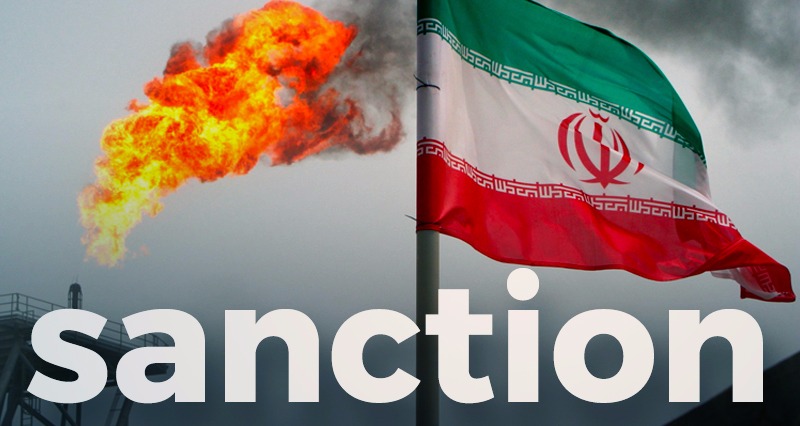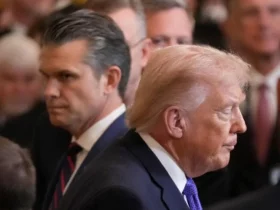The US’ withdrawal from the JCPOA and declaration of a new set of sanctions has been hard to swallow for those planning Iran’s energy sector, as they had been relying on the deal as a means of revivifying Iran’s oil and gas production capacity. These new sanctions are set to be implemented against Iran’s oil and gas sector on November 4. This is likely to have ahuge impact on Iran’s coffers, with insurers reportedly already halting coverage for shipments.
Following the announcement of a resumption of sanctions against Iran, owners of oil tankers were some of the first to start refusing trade with the country. When the previous round of sanctions against Iran was first established, tanker insurance was considered one of the main barriers to Iranian oil exports, as, given that most ship-owners carrying Iranian oil were not able to secure insurance, a number of Asian trading partners were forced to concede to government-sponsored security coverings.
When sanctions were imposed in 2012, the European Union prevented the International Group Corporation in London from providing any cover for Iran-bound cargo, which led to the de facto deployment of Iran’s tanker fleet, as foreign ships seeking to carry Iranian oil would henceforth be excluded from operating in the mainstream oil tanker market. This time, however, it remains unclear as to whether the EU will back US-led sanctions with such gusto.
Iranian companies have announced that they will continue to insure oil tankers, although this is somewhat difficult to do without connecting the Iranian banking system to international banks.
An Iranian supertanker called Happiness, which docked at a terminal operated by Iran’s national oil company on Kharg Island, for instance, currently has on board 2m barrels of oil. It was set to head for Asian markets at the beginning of September, although with Iran’s return to pariah status, its fate is now unclear. Iran’s own insurance companies are not recognized in international insurance circles. Additionally, these companies are facing their own domestic problems due to a lack of credit among financial and credit institutions in the country.
As one of Iran’s biggest export markets, firms and refineries in India in particularare very concerned about the insurance for tankers going between the two countries. Some refineries have already cut back on purchases of oil from Iran. Reuters reports that two major Indian refineries, Indian Petroleum and Bharat Petroleum, will reduce their purchases from Iran due to insurance concerns specifically. In response, Iran is planning to insure tankers transiting oil to India and to give special discount to Indian buyers.
Iran will not want to lose its share of the Indian energy market. According to Business India Online, The Indian government has allowed two Iranian insurance companies to pay a one-billion-dollar insurance coverage for Iranian oil tankers. This effort from New Delhi may have China, as the other largest consumer of Iranian oil, in mind. Custom from these major importers, however, are unlikely to mitigate the effects of US sanctions sufficiently by November if Iran is cut off from the global oil market.
EU buyers are also concerned about Tanker insurance. Coverage for the vast majority of ship leasing contracts is provided by IG Insurance Services Inc., if damage occurs, all actors in the tanker supply chain are aware that the group presides over billions of dollars in order to compensate. Even if both public and private insurance companies accept the risk of providing insurance for Iranian oil tankers, since no Iranian insurance company is a member of the International Syndicate of Oil Insurance, Iran’s insurance policy is essentially uncertifiable.
If Iran green lights such shipments regardless, it would be possible for Iranian tankers to be detained in international waters, leading to very severe legal consequences for Iran. The fact that both China and India have asked Iran to bear the cost of transporting and insuring their oil products shows that these Iranian oil customers want to put all liabilities on Iran as the seller.
To sum up, the hope of being able to by-pass tanker insurance with Iranian insurance is an overly optimistic move and may lead to an even greater conundrum of problems for Iran.

















Leave a Reply